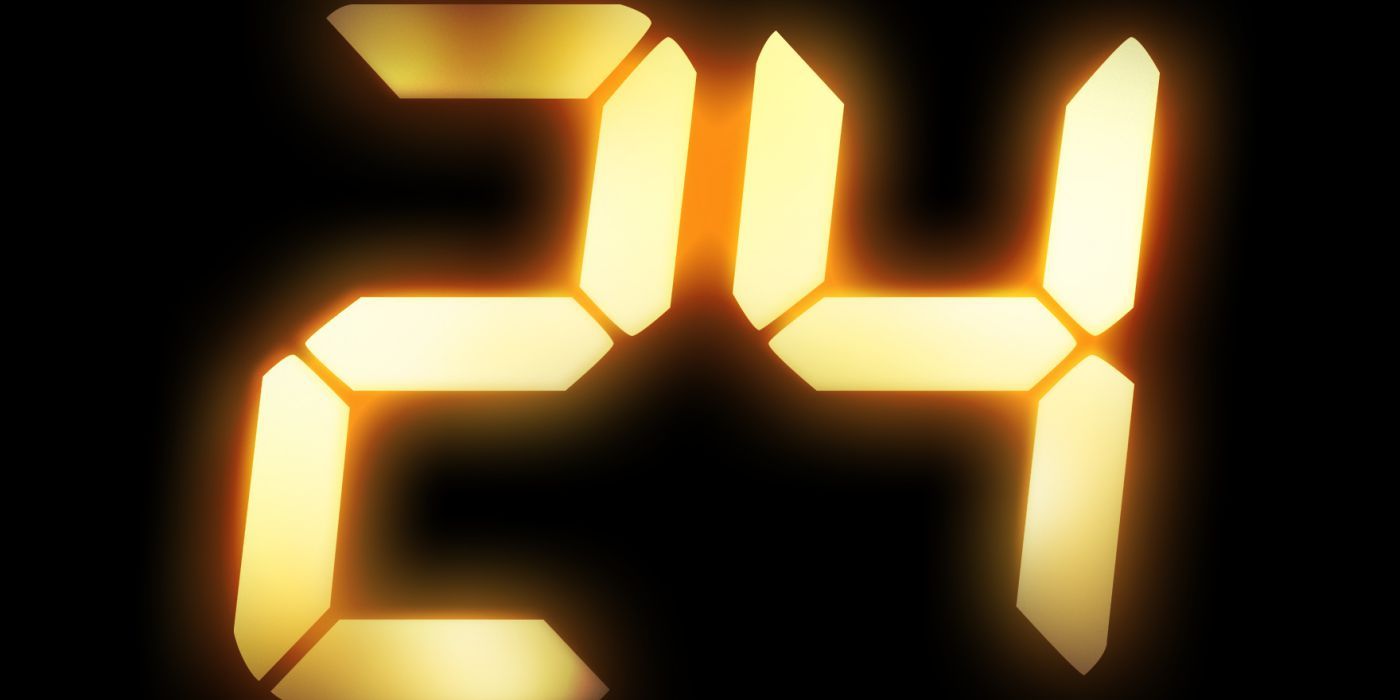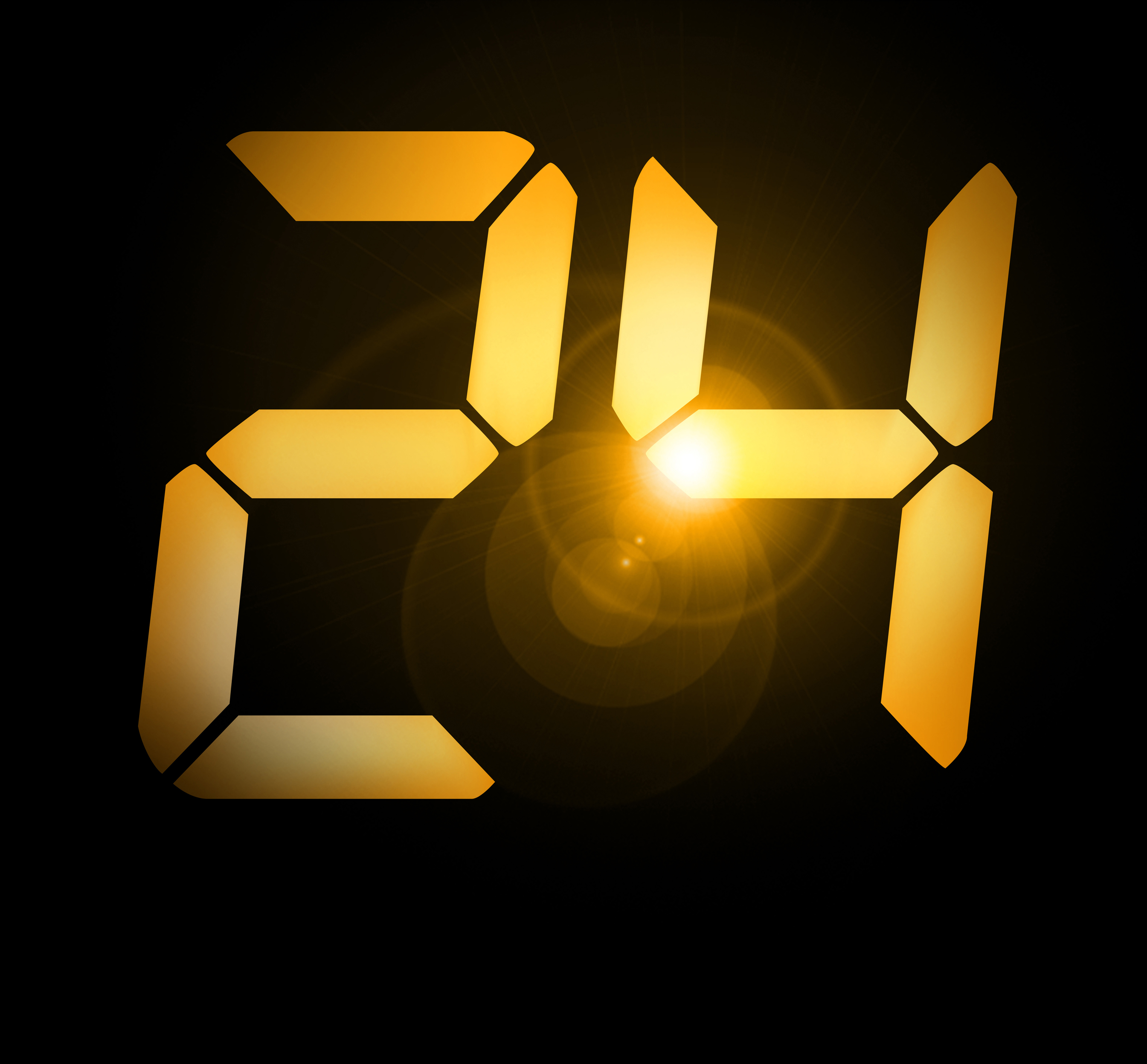Is 24 Mid 20s? Unpacking What This Age Really Means
Have you ever stopped to wonder exactly where 24 fits in the grand scheme of your twenties? It's a question many people ask, and honestly, there isn't one simple answer. The truth is, the way we think about age, especially in our twenties, is a bit more fluid than you might imagine. This age, 24, often feels like a unique spot, a kind of crossroads, where you're leaving behind the very early parts of young adulthood but perhaps not quite fully settled into what many consider the later parts of this decade. It's a time that can feel incredibly exciting, yet also, in a way, full of questions about what comes next.
For many, the early twenties, say from 20 to 23, feel like a period of intense exploration. You might be finishing up school, starting your very first proper job, or maybe even still figuring out what path you want to take. Then, you hit 24, and suddenly, things can feel a little different. It's almost as if the training wheels are completely off, and you're truly out there, making more significant life choices. This age often brings with it a fresh set of responsibilities and a clearer view of the road ahead, or at least, a clearer view of the options available.
So, is 24 truly "mid 20s"? We're going to explore this idea, looking at how different people see it, what usually happens around this age, and why it's a bit more nuanced than just a number. We'll also touch on how a single year, much like the intense, real-time unfolding of the TV series "24," can pack a surprising amount of life into its moments. Just like Kiefer Sutherland's character, Jack Bauer, is constantly facing new challenges in each episode, your 24th year might feel like a series of fast-paced, significant developments.
Table of Contents
- Understanding the Twenties: Early, Mid, and Late
- The Perception of 24: Where Does It Sit?
- Why 24 Can Feel Like a Turning Point
- The Subjective Nature of Age
- How to Make the Most of Your 24th Year
- Frequently Asked Questions About Being 24
Understanding the Twenties: Early, Mid, and Late
When we talk about our twenties, we often break them down into three parts: early, mid, and late. This breakdown helps us think about the different experiences and challenges that typically come with each phase. It's a useful way to organize our thoughts about personal growth and life events, too.
The early twenties, usually from 20 to 23, are a time of big transitions. Many people are just finishing college or vocational training, and they're often moving out on their own for the very first time. It's a period marked by new freedoms, a lot of learning, and figuring out what adult life really means. You're probably exploring different interests and, in a way, just getting started on your independent path.
Then, there are the mid 20s. This period is commonly thought of as ages 24, 25, 26, and maybe even 27. It's when a lot of people start to feel a bit more settled, but still have plenty of room to grow. You might be more established in your career, or at least have a clearer idea of your professional goals. Relationships can also become more serious during this time, with many people thinking about long-term partnerships or even starting families. It's a time of building foundations, actually.
Finally, the late twenties, from 28 to 29, often involve solidifying those foundations. By this point, people usually have a pretty good handle on their careers and personal lives. There's often a sense of greater stability and confidence. It's a period where many people start looking towards their thirties, thinking about bigger life plans like buying a home or making significant career advancements. So, you can see, each segment has its own feel, in a way.
The Perception of 24: Where Does It Sit?
So, considering these general breakdowns, where does 24 truly fit? For many, it definitely feels like the beginning of the "mid 20s" phase. It's that point where you've likely moved past the initial shock and excitement of being an independent adult, and you're starting to get down to the business of building your life. You're not quite a fresh-faced graduate anymore, but you're also not yet nearing the big 3-0. It's a bit of a sweet spot, really.
Think about it: at 24, you've had a few years to experience the real world outside of formal education. You've probably made some mistakes, learned some valuable lessons, and gained a bit more self-awareness. This experience helps you approach decisions with a little more wisdom than you might have had at, say, 21. It's a time when you start to really understand your own strengths and weaknesses, which is pretty important, you know?
The feeling of being 24 can vary wildly from person to person, of course. For some, it might feel like they're still very much in their "early" phase, especially if they've taken a different path, like pursuing advanced degrees or traveling extensively. For others, particularly those who started working right after high school or college, 24 might feel like they're already well into their mid-twenties, with a few years of work experience already under their belt. It's really about your personal journey, in some respects.
A Look at Developmental Milestones
From a developmental standpoint, 24 is a fascinating age. Your brain, for example, is still maturing, particularly the prefrontal cortex, which handles things like decision-making, planning, and impulse control. This means that while you're more capable of making thoughtful choices than you were as a teenager, you're also still growing and evolving in how you process information and manage your emotions. It's a period of significant cognitive refinement, actually.
Emotionally, 24 can bring a deeper sense of self. You might find yourself understanding your own feelings better and becoming more skilled at managing stress and navigating complex social situations. There's often a shift from being primarily focused on immediate gratification to thinking more about long-term goals and consequences. This is a time when many people start to truly understand who they are and what they value, which is pretty cool, really.
Socially, your friendships might start to change. While you might still cherish your college or high school friends, you're also likely forming new connections through work, hobbies, or community groups. These new friendships can be based on shared adult experiences and values, leading to deeper, more meaningful bonds. It's a period of expanding your social circle and refining your support system, you know?
Career and Financial Steps
At 24, many people are firmly on their career path, or at least actively building one. You might be a few years into your first "real" job, gaining valuable experience and perhaps even considering your next move. This is often a time for skill development, networking, and figuring out what kind of work truly excites you. You're likely thinking about promotions, salary increases, and how your current role fits into your broader career aspirations. It's a very active period for professional growth, to be honest.
Financially, 24 is usually when people start to take a more serious look at their money. You might be paying off student loans, saving for a down payment on a home, or starting to invest for the future. Budgeting, understanding credit, and planning for larger expenses become much more relevant. It's a period of learning financial independence and responsibility, which can be a bit challenging, yet very rewarding. You're basically building your financial future, you know?
Some people at 24 might still be figuring out their financial footing, and that's perfectly normal. Not everyone follows the same timeline, and economic circumstances can vary widely. The key is to start developing good financial habits, no matter where you are. Even small steps, like setting up a savings account or tracking your spending, can make a big difference over time. It's about progress, not perfection, in a way.
Social Connections and Relationships
Your social life at 24 often sees a shift. While you might still enjoy going out and having fun, there's often a greater emphasis on deeper, more meaningful connections. Casual friendships might become more selective, and you might find yourself spending more time with a smaller, core group of people who truly understand and support you. It's a time for quality over quantity when it comes to your social circle, typically.
Romantic relationships can also become more serious. Many people at 24 are in long-term partnerships, living with a significant other, or even getting married. The focus often shifts from casual dating to finding a compatible partner for the long haul. Conversations about shared futures, values, and life goals become more common. It's a period where you might be building a life with someone else, which is a pretty big deal, really.
For those who are single at 24, it can be a time of self-discovery and enjoying independence. You might be focusing on your career, hobbies, or travel, and not necessarily prioritizing a relationship. The pressure to settle down can sometimes feel intense, but it's important to remember that everyone's journey is different. There's no right or wrong path, and what feels good for you is what truly matters, obviously.
Why 24 Can Feel Like a Turning Point
There's something about the age 24 that often feels like a significant turning point. It's not just another birthday; it often comes with a subtle, or sometimes not so subtle, feeling of increased maturity and a sense of "now what?" You've likely gained some independence, perhaps moved to a new city, or started a career that feels more permanent. This shift can bring both excitement and a touch of uncertainty, too.
One reason 24 feels like a turning point is that it's often when the gap between your expectations and reality starts to become clearer. Maybe you had a certain idea of what your life would look like by this age, and now you're seeing how different it actually is. This can be a moment of adjustment, where you re-evaluate your goals and make new plans. It's a period of realigning your compass, so to speak.
Also, the world around you often starts to treat you differently at 24. You might be seen as more capable, more responsible, and more of an adult by family members, colleagues, and society at large. This can be empowering, but it can also come with new pressures. You might feel a greater expectation to have things figured out, even if you still feel like you're learning every day. It's a bit of a balancing act, you know?
The Quarter-Life Reflection
The concept of a "quarter-life crisis" often comes up around this age, and 24 is right in the middle of that typical range. It's not a crisis in the dramatic sense, usually, but more of a deep period of reflection. You might start questioning your choices, your career path, your relationships, and even your overall purpose. It's a natural part of growing up, really, and it means you're thinking deeply about your life.
This reflection can be incredibly productive. It's a chance to pause, take stock, and make sure you're heading in a direction that truly aligns with your values and aspirations. You might decide to change careers, move to a new place, or even end a relationship that isn't serving you anymore. These aren't easy decisions, but they come from a place of self-awareness that often develops around this age. It's about shaping your future, you know?
It's important to remember that this period of reflection is normal and healthy. It's a sign that you're growing and evolving. Many people experience similar feelings, so you're definitely not alone. Talking to friends, family, or even a mentor can be really helpful during this time. Just knowing that others have gone through similar experiences can make a big difference, you know?
Balancing Freedom and Responsibility
One of the defining characteristics of being 24, and indeed the mid 20s, is the ongoing balance between newfound freedom and increasing responsibility. You likely have more autonomy than ever before – you can make your own decisions about where to live, what to do with your money, and how to spend your time. This freedom is incredibly exciting and empowering, to be honest.
However, with that freedom comes a lot more responsibility. You're probably responsible for your own bills, your own health, and your own future. The choices you make now can have a significant impact on your long-term well-being. This can feel a bit overwhelming at times, especially when you're still figuring things out. It's like learning to drive a powerful car; you have a lot of control, but you also need to be very careful, you know?
Finding the right balance is a continuous process. It involves learning to prioritize, manage your time effectively, and make smart decisions. It also means knowing when to ask for help and when to rely on your own judgment. This period is a really good opportunity to develop essential life skills that will serve you well for years to come. It's all part of becoming a well-rounded adult, you know?
The Subjective Nature of Age
Ultimately, whether 24 feels like "mid 20s" is deeply personal. Age is not just a number on a calendar; it's also about your experiences, your mindset, and your life stage. Someone who started working at 18 and has been financially independent for years might feel much older than someone who just finished a lengthy graduate program at the same age. It's very much about your personal journey, you know?
Cultural background also plays a big role. In some cultures, certain milestones like marriage or having children happen much earlier, which might shift the perception of what "mid 20s" means. In others, independence and career establishment might be prioritized later in life. There's no universal blueprint for what your twenties should look like, and that's actually a pretty good thing.
What truly matters is how you feel about your own journey. Are you growing? Are you learning? Are you making choices that align with your values? These questions are often more important than whether you fit neatly into a predefined age category. It's about your internal compass, in a way, rather than an external label. You're building your life, and that's what's truly important.
How to Make the Most of Your 24th Year
If you're 24, or approaching it, here are some thoughts on making this age a truly valuable time. First off, really lean into learning. This isn't just about formal education; it's about picking up new skills, reading widely, and staying curious about the world. The more you learn now, the better equipped you'll be for whatever comes next. It's a great time for personal development, actually.
Next, focus on building strong relationships. Nurture your friendships, connect with family, and invest time in meaningful romantic partnerships if that's what you're looking for. These connections are your support system, and they become even more important as you navigate the complexities of adult life. Good relationships are like a strong foundation, you know?
Also, don't be afraid to take calculated risks. This could mean changing jobs, moving to a new city, starting a side project, or pursuing a passion. This is a time when you often have fewer long-term commitments, which can give you more flexibility to explore different paths. It's about pushing your boundaries a little, in a way.
Finally, prioritize your well-being. This includes your physical health, your mental health, and your emotional balance. Make time for exercise, eat nourishing food, get enough sleep, and find healthy ways to manage stress. Taking care of yourself now will set you up for a healthier and happier future. It's pretty essential, really.
Frequently Asked Questions About Being 24
Is 24 early or mid 20s?
Many people consider 24 to be the start of the "mid 20s." The early twenties are generally thought of as ages 20-23, a time of major transitions and new independence. By 24, individuals often begin to feel more established in their careers and personal lives, marking a shift towards building more significant foundations. So, it's more or less the gateway to that middle period, you know?
What age is considered mid 20s?
The "mid 20s" typically spans from around age 24 to 27. This range is often characterized by a focus on career growth, more serious relationships, and increasing financial responsibility. It's a period where many people are actively shaping their adult identities and making choices that will influence their long-term futures. It's a very active time for personal growth, actually.
What are the typical characteristics of mid 20s?
The mid 20s often involves significant personal and professional development. People might be settling into their careers, gaining more financial independence, and considering long-term relationships or family planning. There's often a greater sense of self-awareness and a deeper understanding of one's values and goals. It's a time of balancing newfound freedom with increasing responsibilities, which is pretty common, you know?
Learn more about personal development on our site, and link to this page here.

New 24 Series in the Works at FOX

Fox Reviving 24 as 24: Legacy, With An All-New Cast and Storyline – TV

24 TV Show Wallpaper - WallpaperSafari